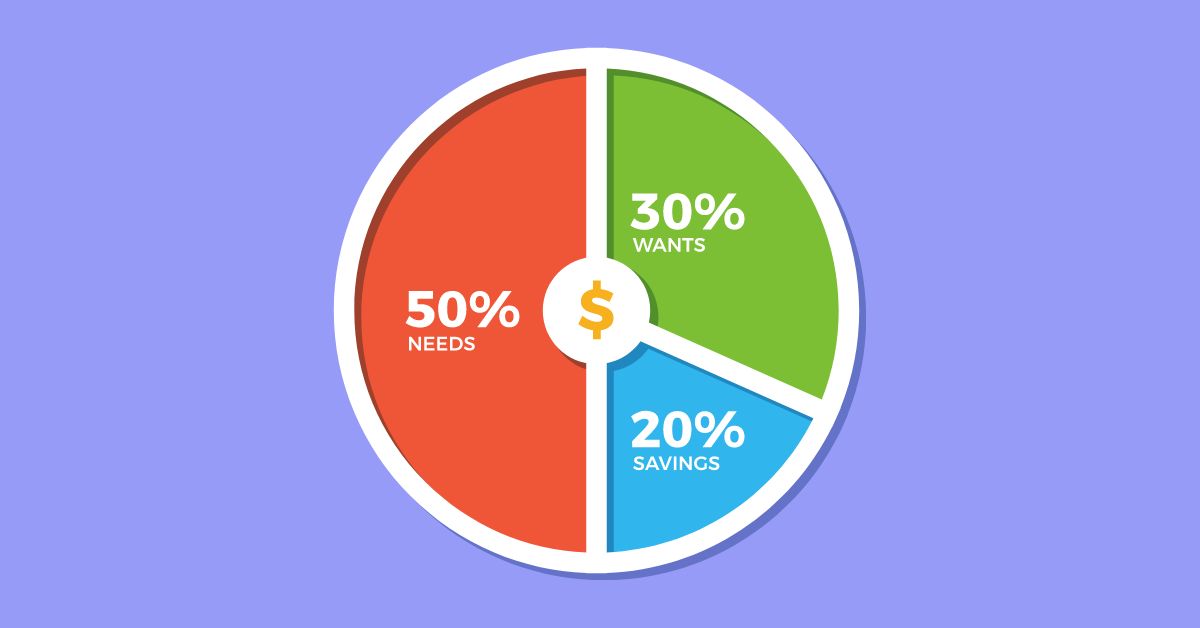It is a myth that you need a lot of money saved up to start investing in stocks. You can begin building a solid portfolio even with a few thousand rupees. The following stock market guide should help you get enough clarity to start your investment journey without any worry.
How to start investing in stocks?
To know where to start investing in stocks, you must know the various ways you can invest in stocks. How you want to invest depends on your investments goals, risk appetite, and how actively you want to be involved in shaping your portfolio:
- Investing directly in stocks:
If you enjoy researching and reading about markets and companies, individual stocks would be a good way to start investing, especially to achieve high return investments. But doing this entirely on your own might be difficult as it will need a considerable amount of your time, energy, and focus to figure out which stocks to invest in. Therefore, it would be advisable and realistic to take the help of a platform with expertise in this area that’ll guide you in your decision-making.
- Investing in ETFs:
An exchange-traded fund is a collection of several stocks belonging to the same sector or comprising a stock index, such as S&P CNX Nifty or BSE Sensex. ETF offers greater diversification but lesser control as compared to owning individual stocks. Even they trade on exchanges like stocks.
- Investing in mutual funds:
Although mutual funds also invest in stocks, fund managers pick different stocks to beat the benchmark index. Compared to investing in individual stocks and ETFs, they provide the least amount of freedom to choose the stocks you want.
How to start investing in stocks: A Practical Go-To Guide For Beginners
No matter the amount you want to invest, smart investments always require proper planning. The following pointers will help you get things in perspective and in coming up with the best investment plan for your goals:
Deal With Your Debt
First and foremost, invest in your peace of mind and clear your debt. After all, high-interest credit cards, home loans, and various other types of loans can consume a considerable amount of your monthly income.
Only invest what you have saved up.
Get your basics in order
Any field in the world needs you to have some basic understanding of it. So familiarise yourself with stock market jargon and follow financial news regularly. Of course, you don’t have to get into the details like a financial advisor, and you have experts. But having a generic idea will always work in your favour.
How beginners can invest in stocks with little money
Don’t invest all your money in one particular stock or sector. Always start small and let experience teach you. To test the waters, you can even begin with ₹500 or ₹1000. Beginners should remember this – it’s more important to learn than earn. Once you’ve ‘practiced’ enough, you can gradually increase your investment amount.
Invest a fixed sum monthly (SIP Investments)
Make sure you set aside a fixed amount. This will bear fruits in the long run. Make sure you have a Systematic Investment Plan (SIP) in place. It’s okay if the amount is small, but it must be consistent. After all, staying invested for a long period is crucial to ensure high-return investments. Doing this will push you to develop a habit of saving too.
Diversify Your Portfolio
Diversification is another crucial parameter. Don’t invest everything in one stock, not even one industry. Instead, scatter your investments across companies of different sectors. This will minimize risk considerably.
For example, suppose you have Tata Steel and JSW Steel stocks in your portfolio. In that case, it can’t be considered a diversified portfolio. If there is a crisis in the steel sector, all your stocks might be in losses. But, if you have Arvind Ltd. and Tata Steel stocks, that makes a diverse portfolio as one stock is from the textile sector and the other one from the steel sector.
Consistent Self-Education
Consistency is key. Crucial even, in case of staying informed about anything. Can you pick stocks tomorrow based on last month’s information? Of course, not! So it doesn’t end with learning the basics. Keep yourself updated.
Invest Your Tax Refund/ Bonus
Here’s a simple hack if you find it difficult to set aside a regular amount for investing.
Invest most of your tax refund and bonus in the market, if not the entire amount. It’s one of those few opportunities where you get a windfall you weren’t expecting.
Investing can get complicated, doesn’t mean it has to. The basics are simple:
- Maximize the saved amount
- Minimize taxes and fees (while selecting investment products)
- Be smart when investing with limited resources
Having said that, when it comes to smart investment, building an investment portfolio isn’t easy as you have to balance the risks against potential returns. This is where WealthDesk can be of great help. We have a mix of ETF/Stock portfolios called WealthBaskets curated by SEBI Registered Experts. You can pick the WealthBaskets as per your risk profile and start investing.
Final Note
How much you can invest can never be a limitation when it comes to investing in stocks. All you need to do is figure out your investment goals that’ll result in long term wealth creation and accordingly choose which stocks to invest in.
FAQs
To invest in the stock market on a small budget,
follow the following steps:
•
Decide how you want to invest in stocks.
•
Plan out your goals for investment.
•
Open an investing account, i.e., Demat and trading
account.
• Decide upon a
regular budget for investment.
•
Educate yourself about stock market basics.
•
Start investing.
There is no minimum limit if you want to start investing in stocks. You just need enough capital to cover the cost of the stock you want to buy. In that case, it’s possible to start even with ₹10!
Diversifying your portfolio helps reduce the overall risk of your investment portfolio.


















